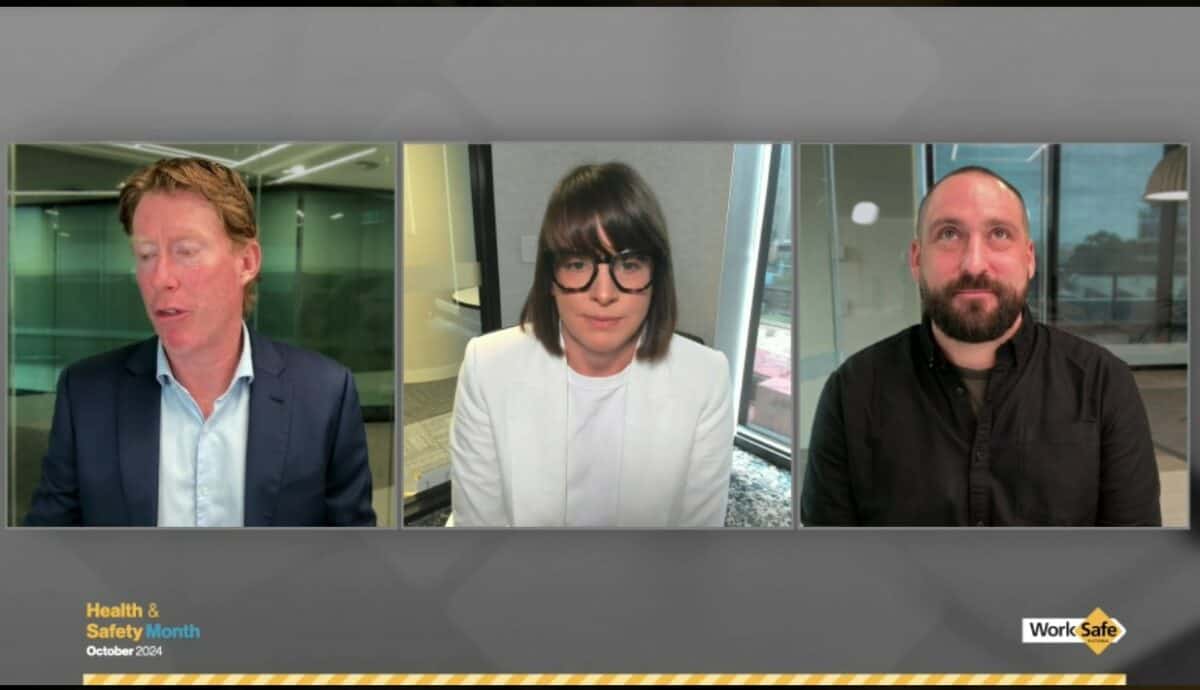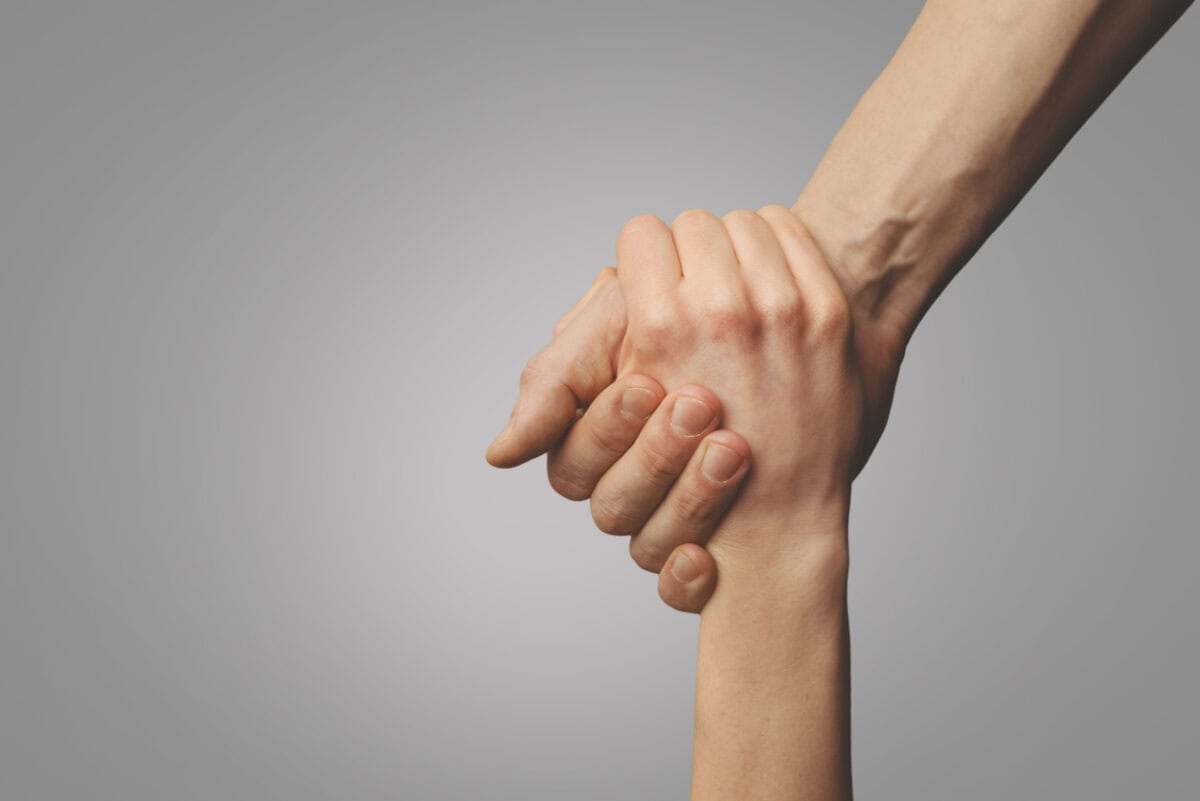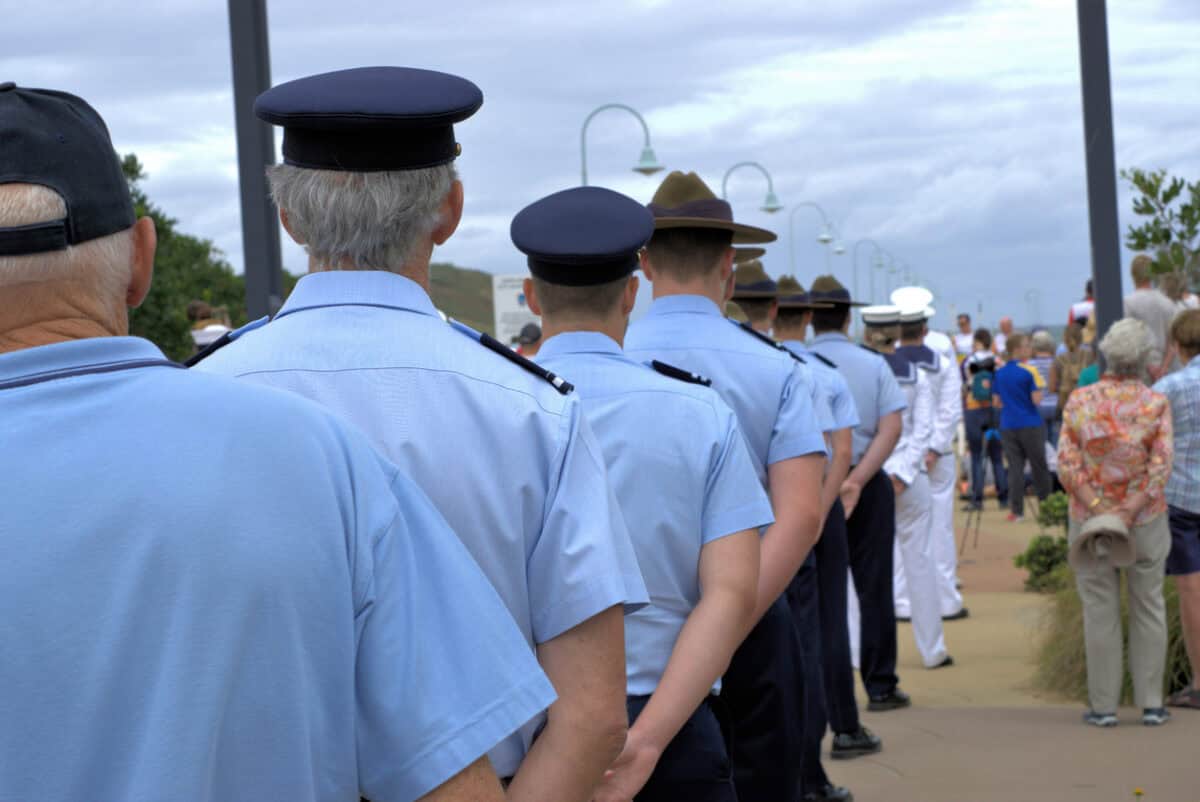The United States approach to work health and safety is getting creepy.
For most of the world, Donald Trump‘s re-election to the United States presidency is a non-event. Politicians and journalists are really interested, but Trump has little direct impact on our lives, and his policies, morals, and political strategies will affect us indirectly. Perhaps the most significant impact will be environmental. Our business leaders take inspiration …







